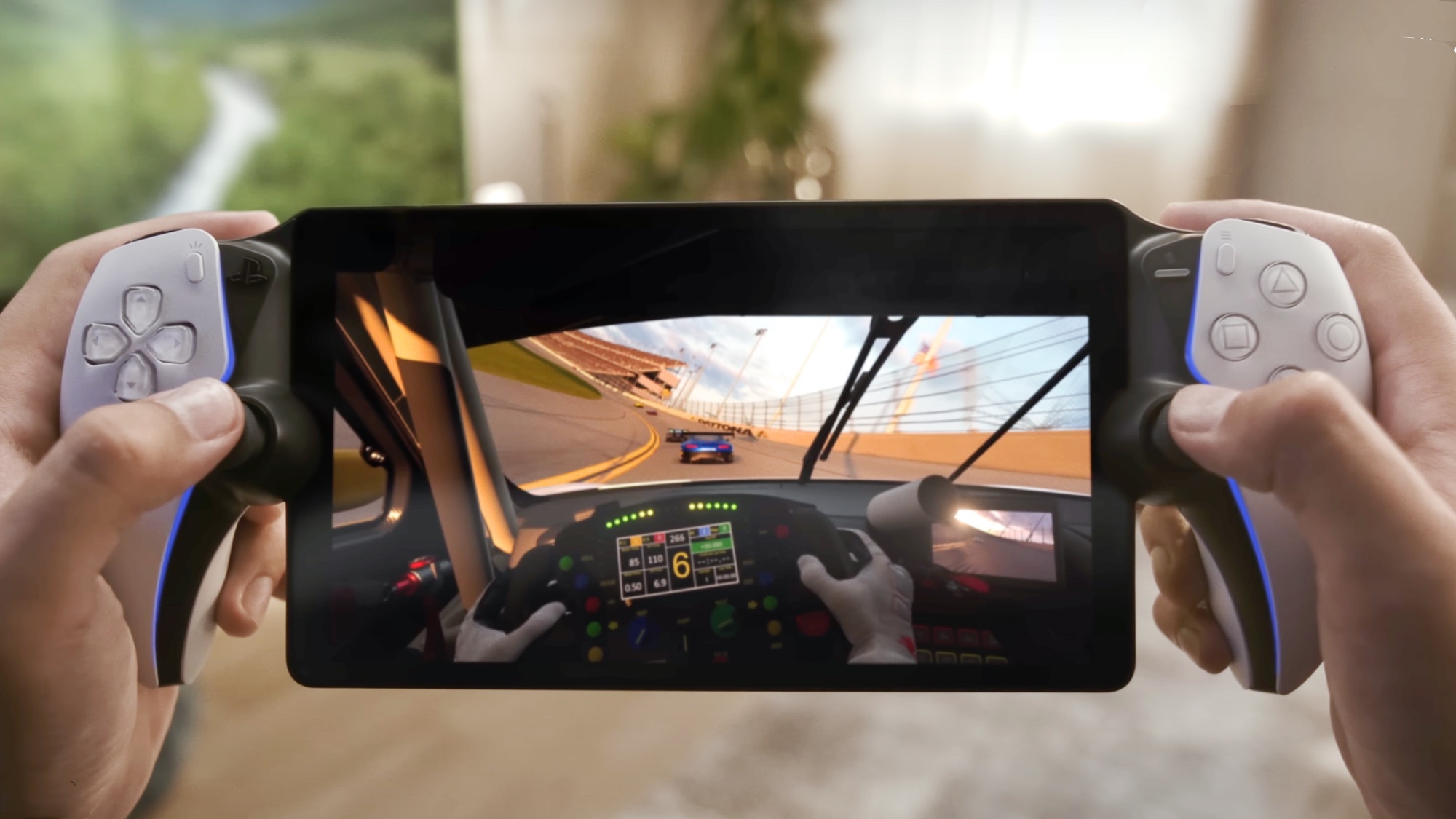Why Microsoft Needs a Zune Tablet

When you pick up the new Zune HD, you can't help but be impressed by its brilliant OLED display, multitouch-friendly Web browser, and slick user interface. Not only does its software rival the iPod touch without copying Apple, it makes portable media players from the likes of Samsung and SanDisk look amateurish by comparison. And there's a good reason for that. Microsoft is a software company, and hardware companies are still finding their way in the software-dominated era of computing. The user experience is so good, in fact, that many early reviewers and analysts are saying they wish that the Zune platform was the backbone for the next generation of Windows smart phones. I think Microsoft should go further.
At a time when Apple is supposedly gearing up to launch its tablet, Microsoft's Windows 7 (and Windows Mobile) partners are all going their own way when it comes to touch computing interfaces. Some of these software overlays are ambitious and polished, such as HP's MediaSmart, while others are barebones, touch-friendly menus designed to tweak your notebook's settings, such as Lenovo's Simple Tap. A Zune Tablet—be it a standalone device, a platform for mobile Internet devices, or both—could be a unifying force, providing a touch-friendly gateway to your content, social networking, the Web, and more.
Consider the Quickplay menu feature available on the Zune HD, which is also featured on the accompanying PC software. It's designed to display shortcuts to your favorite content along with most recently played and added music, podcasts, and videos. That same paradigm could be broadened and applied to a larger touch tablet, giving Microsoft a fighting chance against not only Apple, but from what's expected to be a growing number of larger Android devices, such as the Archos 5. It's true, of course, that the Zune HD is way behind Android and iTunes when it comes to apps. But it's an encouraging sign that Microsoft just released an update for developers that will allow them to create applications that leverage the player's accelerometer and multitouch interface.
Some may consider it too big a risk for Microsoft to start competing head to head with its partners. However, the company won't get a third chance to make tablets relevant. It needs an answer to Apple's rumored iPad soon, and it can't afford to rely on a fragmented Windows ecosystem to win over consumers. The Zune was born because Microsoft recognized that, in order to be competitive in the portable media player arena, it needed to take matters into its own hands. And now the stakes are much higher, making the prospect of a larger Zune device not only likely but necessary.
Editor-in-chief Mark Spoonauer directs LAPTOP's online and print editorial content and has been covering mobile and wireless technology for over a decade. Each week Mark's SpoonFed column provides his insights and analysis of the biggest mobile trends and news. You can also follow him on twitter.
Stay in the know with Laptop Mag
Get our in-depth reviews, helpful tips, great deals, and the biggest news stories delivered to your inbox.

